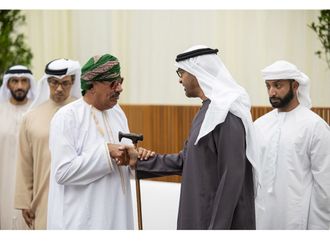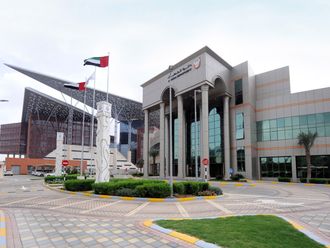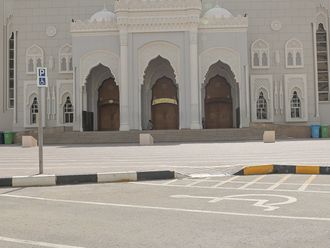Consumers must demand change, even if it is 5 or 10 fils, following purchases because it is their right.
A Gulf News investigation has revealed that at least Dh50-Dh100 million is lost annually in transactions after purchases.
Goods are oddly sold at prices such as Dh9.95, and rarely does anyone demand the 5 fils back. However, it is unclear where this Dh50-Dh100 million goes.
The fact is the fils is the unit of the national currency of the UAE, which is the dirham. It must be respected. Businesses and banks allege that the UAE Central Bank is not issuing denominations of 5 and 10 fils and hence they are unable to tender exact change.
Commercial establishments say only coins above 25 fils are freely available in the market. A Central Bank official stresses there is no shortage of coins as it mints 1, 5 and 10 fils coins.
Various parties trade allegations, and consumers lose their right in the bargain.
The Central Bank on its part must either ensure there is a free flow of these coins or do away with these small denominations all together. The authorities should also impose a price structure on shops which will ensure customers get their rightful change back.
Shops are taking advantage of consumers' lack of knowledge on what denominations of coins are being minted. If these shops say there is a shortage of 5 and 10 fils in the market, why then are they selling goods for prices such as Dh9.95, knowing fully well they will not return 5 fils in change? They should price goods with decimals that are multiples of 25 or 50 fils.
What is happening now amounts to cheating consumers and denying them their right. It also amounts to theft in broad daylight.
A lot can be done with Dh50-Dh100 million annually, but that is up to consumers. They may even want to donate it to charity and help those less fortunate in society. The choice is theirs.










